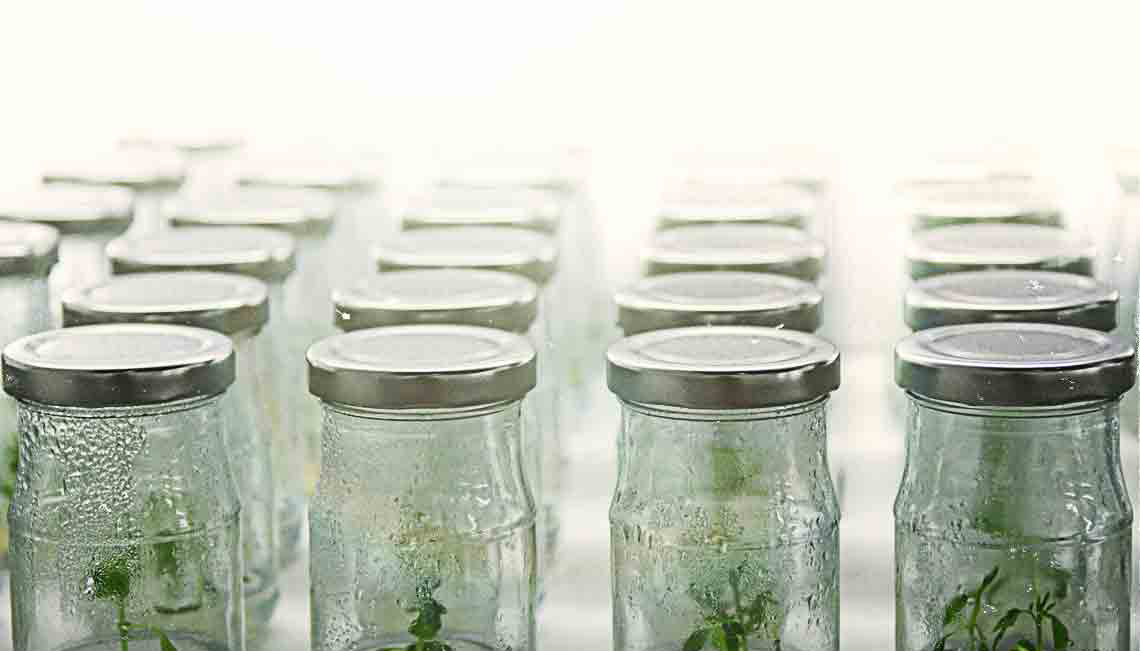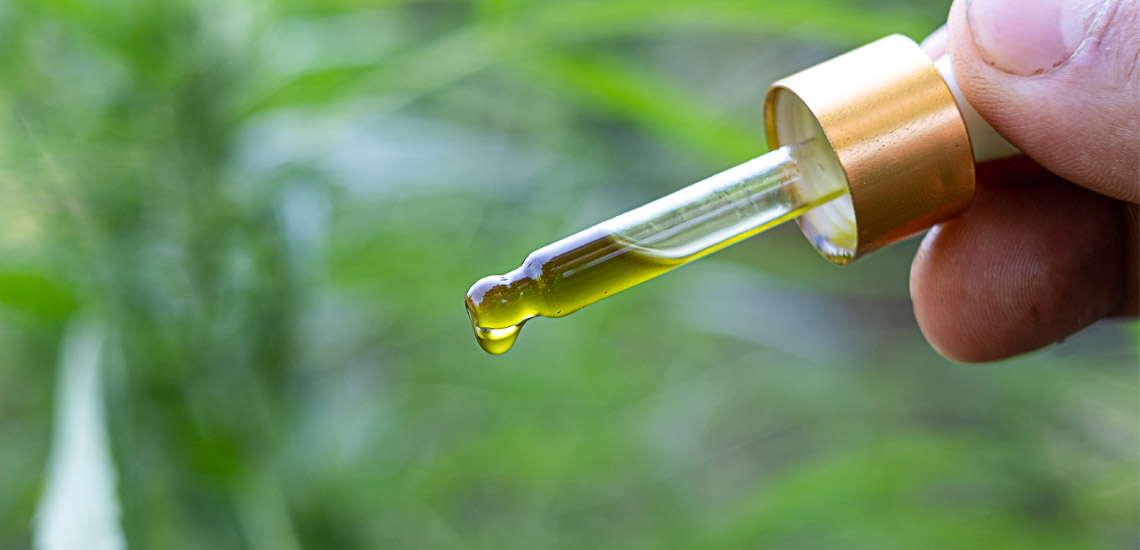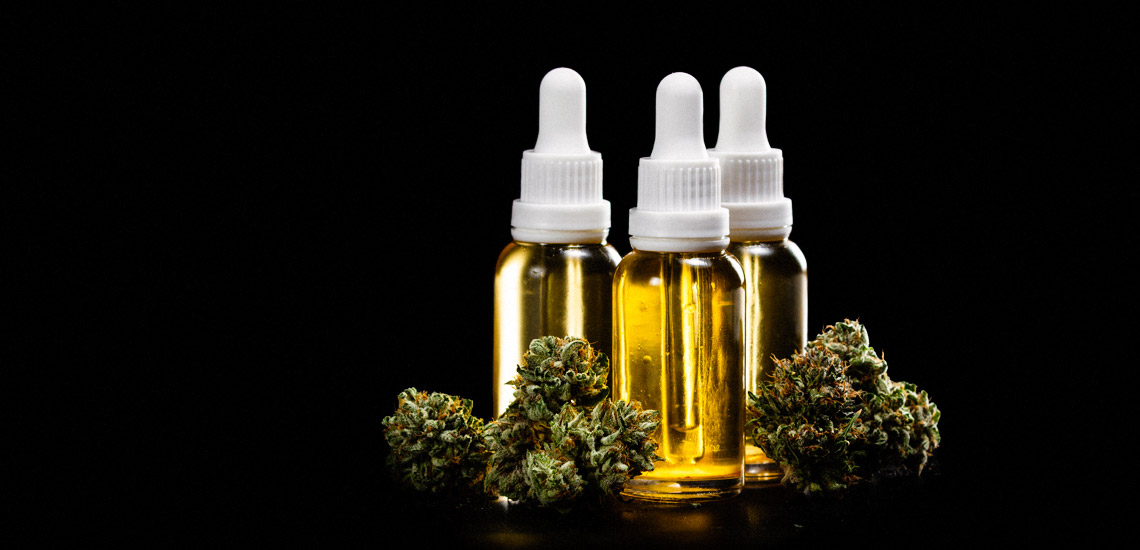Tissue culture – The future of the cannabis industry
What is plant tissue culture?
The growth, propagation, and regeneration of plant cells, tissues, organs, or whole plants in the artificial medium under aseptic conditions.
Plant research often involves growing new plants in a controlled environment. There are plants with desired genetics that we have genetically altered in some way or maybe plants of which we need many copies all exactly alike. These things can be accomplished through tissue culture of small tissue pieces from the plant of interest. These small pieces may come from a single mother plant or they may be the result of genetic transformation of single plant cells which are then encouraged to grow and to ultimately develop into a whole plant. Tissue culture involves the use of small pieces of plant tissue (explants) which are cultured in a nutrient medium under sterile conditions. Using the appropriate protocol plants can be induced to rapidly produce new shoots, and, with the addition of suitable hormones new roots and then weaning in soil and grown in the normal manner. The most important part of this procedure is to maintain as sterile an environment as possible. Even one fungal spore, virus, or bacterial cell that comes into contact with the growth medium will contaminate the clone.
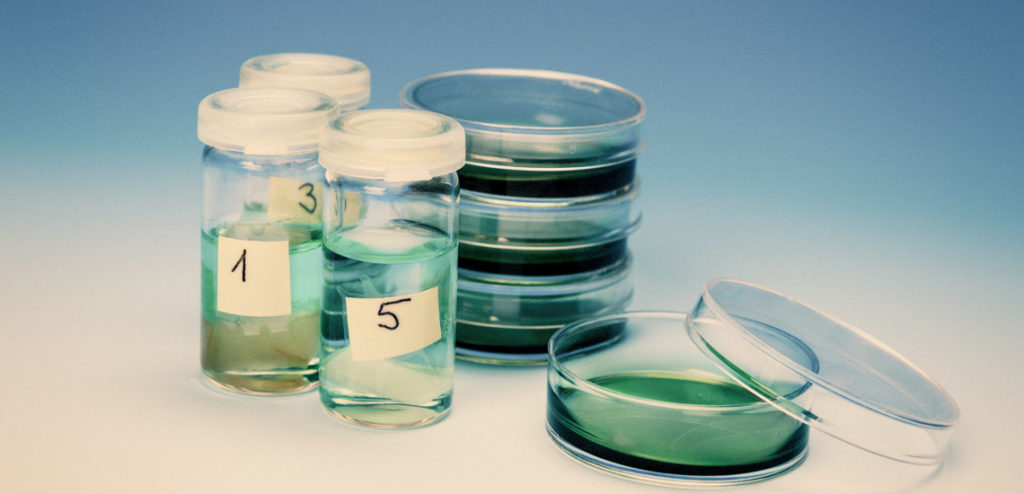
Three Fundamental Abilities of Plants
Totipotency: the potential or inherent capacity of a plant cell to develop into an entire plant if suitably stimulated. It implies that all the information necessary for the growth and reproduction of the organism is contained in the cell
Dedifferentiation: Capacity of mature cells to return to meristematic condition and development of a new growing point, follow by redifferentiation which is the ability to reorganize into a new organ
Competency: the endogenous potential of a given cell or tissue to develop in a particular way
Two Hormones Affect Plant Differentiation:
Auxin: Stimulates Root Development
Cytokinin: Stimulates Shoot Development
Tissue Culture Applications
- Micropropagation
- Germplasm preservation
- Somaclonal variation
- diploid production
- Protoplast fusion
- Secondary metabolites production
- Genetic engineering
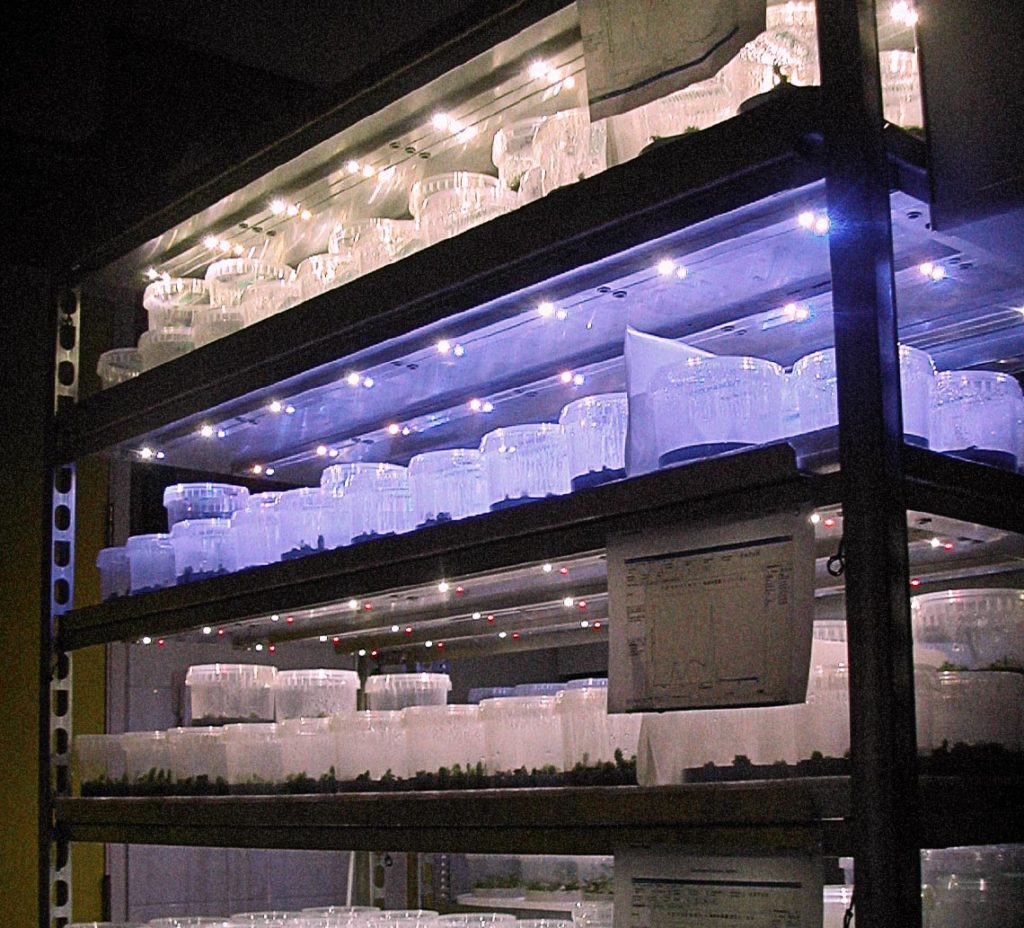
Types of tissue culture
Organized culture:
- Axillary bud culture
- Terminal bud culture
- Seed culture
- Embryo culture
- Ovary culture
- Pollen culture
Unorganized culture:
- Callus culture
- Cell suspension culture
- Organogenesis
- Somatic embryogenesis
- Protoplast culture
Advantages
Mass production of various plant cultivars – 6 million plants per year from one explant. Much higher production rate than other asexual propagation methods.
Production of pathogen-free plants – Maintaining disease-free plants by micropropagation.
Germplasm preservation – Germplasm: the DNA of a species. In the past: seeds. limited shelf-life, don’t preserve uniform characteristic (variability)
Especially beneficial for – Plants in high demand or valuable plants.
Plants that are slow or difficult to propagate. Endangered species.
Continuous year-round production – Unaffected by climate
The original plant is not destroyed in the process – a factor of considerable importance to the owner of a rare or unusual plant.
Propagated in controlled lab conditions – The ability to change specific conditions to meet the needs of a particular plant species. Mainly, nutrient, light, and temperature requirements.
Features of Micropropagation
- Clonal reproduction
- Way of maintaining heterozygosity
- Multiplication Stage can be recycled many times to produce an unlimited number of clones
- Routinely used commercially for many ornamental species, some vegetatively propagated crops
- Easy to manipulate production cycles
- Not limited by field seasons/environmental influences
- Disease-free plants can be produced
- Has been used to eliminate viruses from donor plants
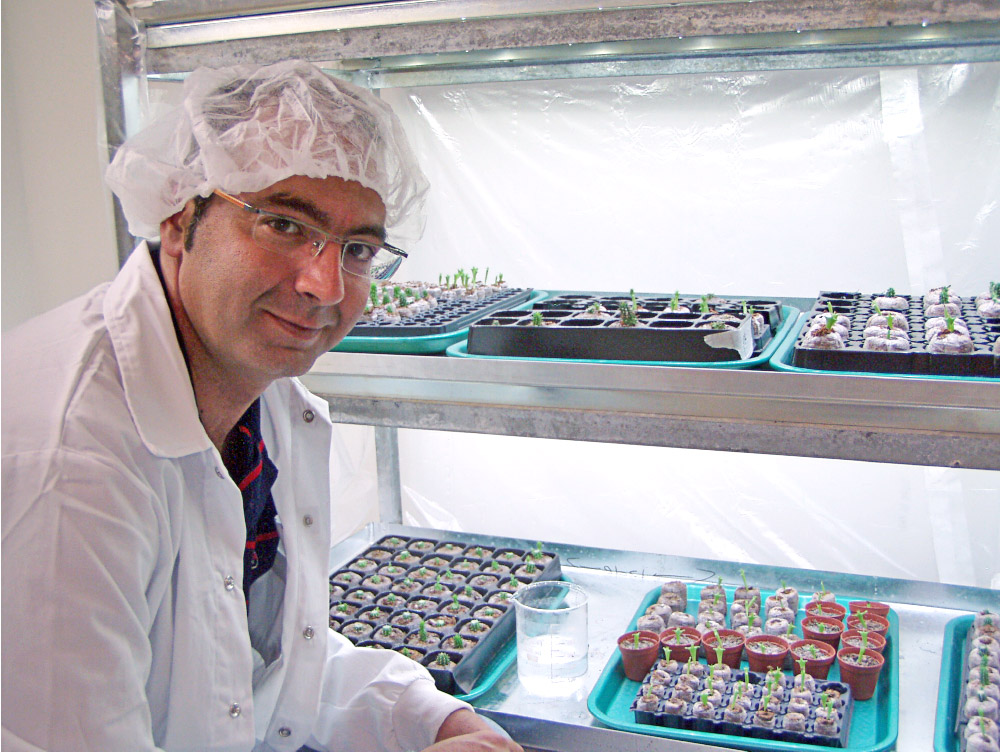
Dr. Refael Aharon
Over 18 years of experience creating companies and products and leading them through the practical creative scientific thinking process and upscaling until the company is ready with commercial shelf-products. I have become well known internationally as an industry expert for the unique processes, experience, and knowledge on building and operating full-scale machines for extracting goods and products from plants and other resources. I invented and developed wastewater (Sewage) mining system* using the wastewater as a resource, via a Bio-based recycling factory as a model for zero liquid waste solutions, products produced from a variety of wastewater types –municipal, industrial and agricultural.
Dr. Refael Aharon Linkedin: https://www.linkedin.com/in/refaelaharon/

